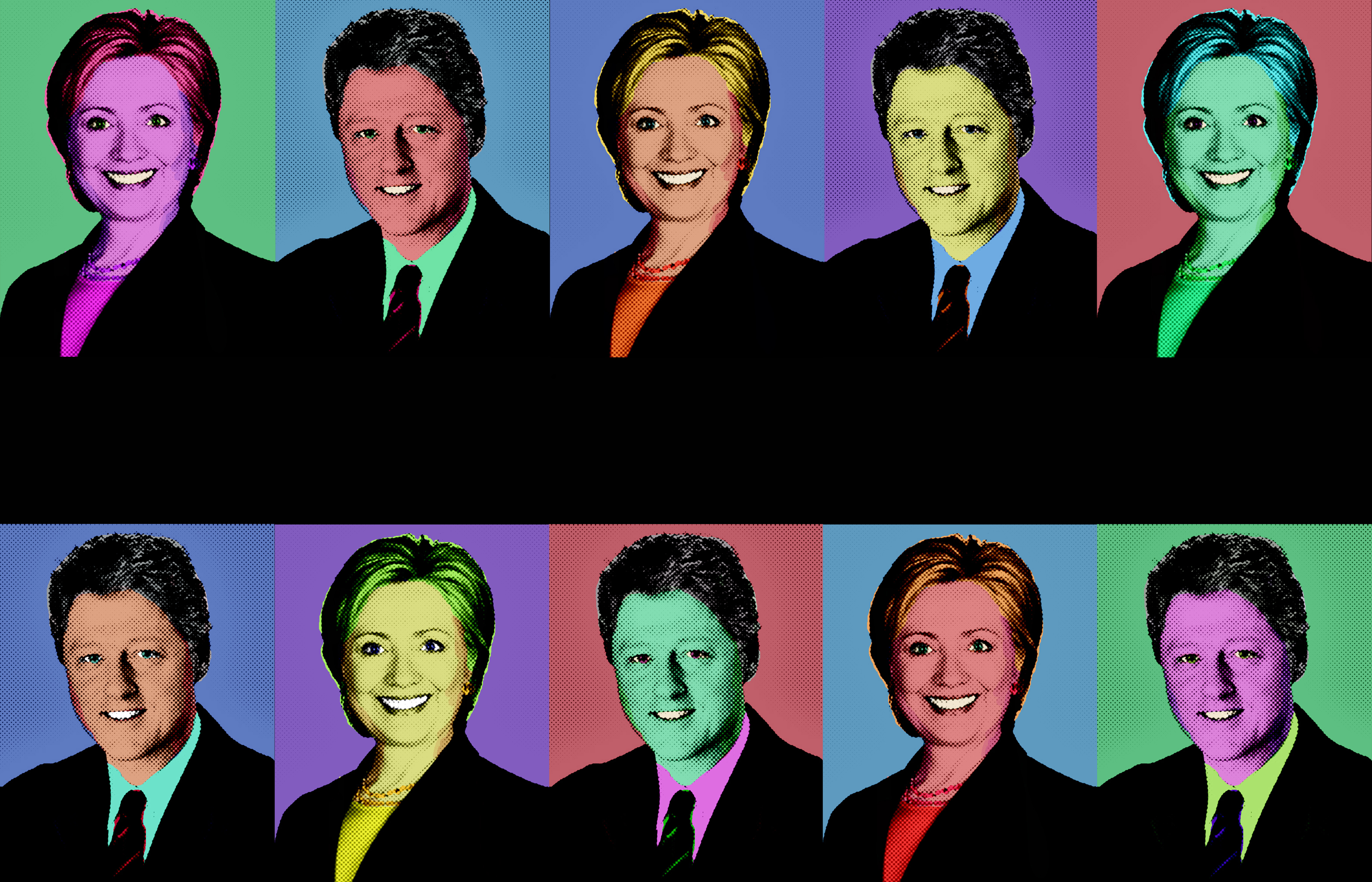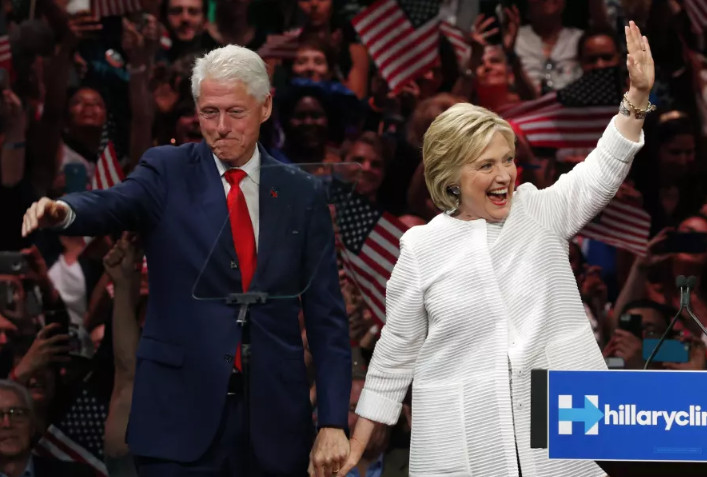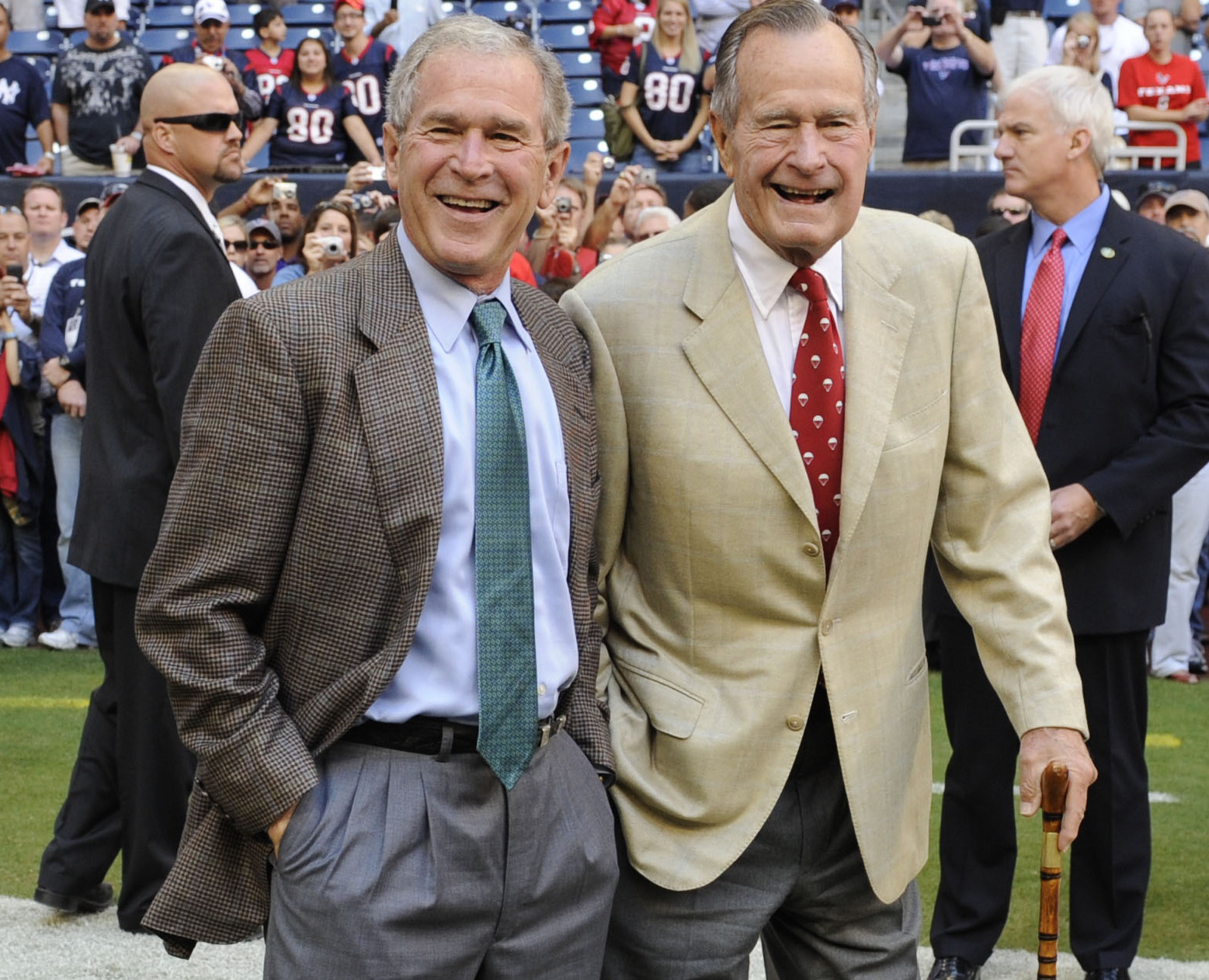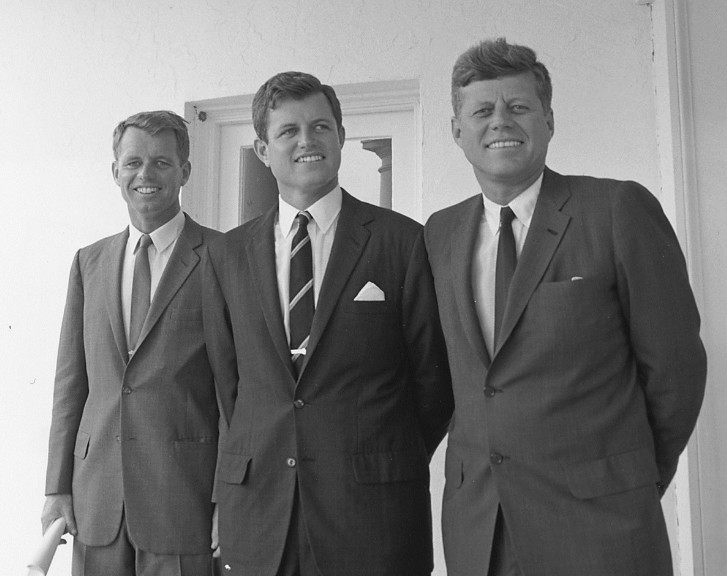
Politics & Society
Virtual reality bites back

Americans needed a revolution to rid themselves of King George, but dynasty politics is alive and well in the land of the free
Published 23 June 2016
Hillary Clinton’s victories in six recent primaries put her over the delegate threshold to secure the Democratic Party’s nomination for president.
As she mentioned in her victory speech, this was an historic moment because it was the first time a major party nominated a female candidate for US president.

Clinton’s post-White House career is also unprecedented: she was the only First Lady to run for elected office when she successfully campaigned in 2000 for the US Senate in New York, and was the first to hold a senior appointed office by serving as the Secretary of State from 2009-2013.
Together with Bill Clinton, her husband and former president (1993-2001), she is one half of perhaps the most powerful political couple in American history.
Beyond her gender, a Hillary Clinton presidency would usher in two other unprecedented occurrences in American history: a “First Gentleman” and a married couple in which both partners have occupied the presidency.

Politics & Society
Virtual reality bites back
As a political power couple, the longest-standing and most resonant criticism of Hillary and Bill Clinton’s political relationship occurred when then President Clinton put her in charge of efforts to reform healthcare in the 1990s.
To critics, Hillary Clinton was overstepping the expectations and mandate of her role as a First Lady, who have historically addressed only some of the least contentious issues in the country such as childhood diet and exercise or literacy.
Then as a candidate for Senate, she was criticised as unqualified because she rode her husband’s achievements to further her own political career.
Hillary Clinton has a choice on how to use her husband in her campaign. Undoubtedly he will advise her, but whether he will have an open role is still unknown.
She was criticised in her failed run in 2008 for not utilising Bill Clinton’s considerable political talents. And, for many Americans, not just members of the Democratic Party, Clinton’s presidency is remembered as a period of economic prosperity, budgetary surplus and international security.
Her husband’s presidency also has considerable downsides. Bill Clinton was a centrist Democrat with multiple policies now considered unpopular, as the Democratic Party has shifted leftward.

He worked with a Republican-led Congress to pass social policies that restricted welfare. His economic policies pushed for trade deals with Mexico and China that weakened unions and hastened the departure of US manufacturing jobs that simultaneously increased the profits to the investor classes.
His criminal justice reforms, emphasising punishment over rehabilitation, shattered marginalised communities through mass incarceration.
His legacy has been the source of resonant criticism by both Bernie Sanders on the Left and Donald Trump on the Right and Hillary Clinton will be unlikely to emphasise her husband’s actual policies.

Business & Economics
Trump v Clinton: The stark choice facing the United States
Further complicating Bill Clinton’s role in her campaign are his personal scandals that include accusations of sexual assault and untoward personal behaviour.
This will be a campaign issue. Donald Trump has shown few restraints towards his rivals family members. For instance, he insinuated that Ted Cruz’s father might have been associated with the assassination of John F. Kennedy.
Bill and Hillary’s political partnership brings up a larger question of dynastic politics in the US.
Relations have occupied the presidency before, and included two pairs of fathers and sons (the Adams and Bushes), and one set of cousins (the Roosevelts). However, the proximity of two presidential dynasties is unusual.
If Hillary Clinton wins the general election, and, if she were re-elected to a term ending in 2025, a member of the Bush or Clinton family would have been president for approximately 28 out of the last 36 years.

Dynastic politics is undeniably a part of US politics. The Kennedys are the most glamorised US political family and are often described as the closest thing to American royalty.
Of the three brothers to live past age 30 in the clan’s first political generation, all three would become US Senators and run for president, with one succeeding to the office (Robert’s presidential candidacy ended with his assassination and Ted’s after he killed his passenger when driving while intoxicated).
The US Congress had at least one Kennedy as a member from 1947 to 2011.

Business & Economics
Presidential fireworks: The verdict
The Kennedys are only one of many prominent political families. Voters often pass congressional seats, mayoral offices and gubernatorial mansions from one generation to the next.
Over the last decade, approximately one in five US senators was a close relative of a prominent US politician from the preceding generation.
Such hereditary politics also sit uncomfortably in a country whose revolution sought to end monarchy, but was also suspicious of dynastic office-holding. Part of George Washington’s appeal as the first president was his sterility.
He could be the nation’s father because he could be nobody’s biological father. The American Constitution also explicitly forbids inherited office and the granting of titles. Most Americans reflect such views through espousing “independence” and being “self-made” as essential American values.
Yet “political inbreeding” quickly flourished after the country’s independence. John Adams, a Founding Father and the country’s second president, was the father of John Q. Adams, the sixth president, who used his inter-generational political connections in the 1824 election to secure victory despite coming in second to Andrew Jackson in the popular vote and electoral college delegates.
Jackson claimed he was swindled and easily won four years later to become America’s first populist president.
Almost 200 years later, another populist, Donald Trump, will likely make a similar pitch against dynastic politics. Regretfully the current alternative to a dynastic presidency offers so little appeal.
Banner Image: Artwork by Sarah Fisher
This article has been co published with the Herald Sun.